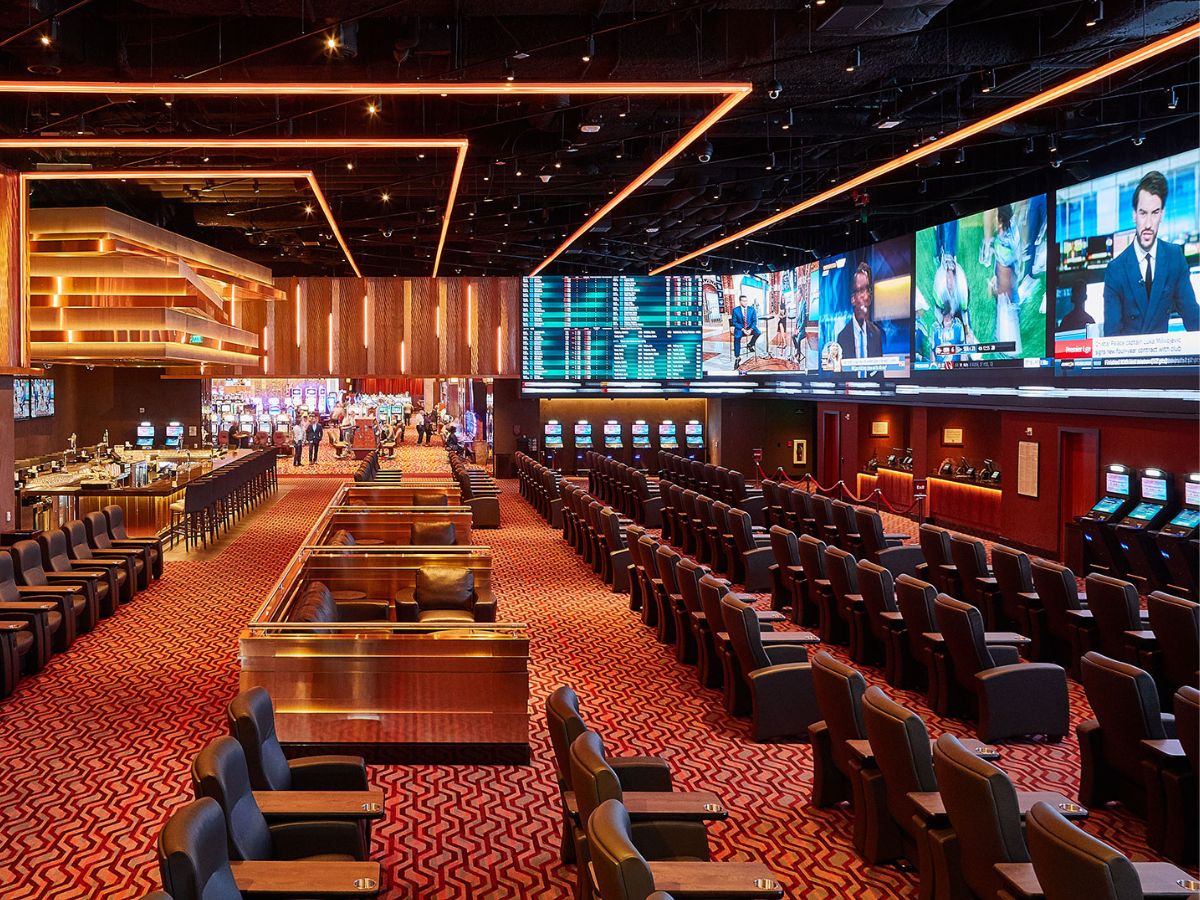
This world of casino games has experienced a significant evolution in past years, driven by technological advancements and changing player tastes. As an increasing number of players shift to digital mediums for leisure, conventional gambling games are being adapted to satisfy the needs of a technology-oriented consumer base. This shift not just includes the transition from brick-and-mortar to digital spaces but also encompasses the development of gameplay systems and user interaction strategies.
In this new virtual age, video game developers are harnessing cutting-edge technologies to create engaging environments that appeal with a varied spectrum of gamers. From online fruit games with stunning graphics to dynamic card games that replicate the atmosphere of a live casino, the adaptation process is redefining how we view and enjoy gambling games. As we explore this captivating process, it is clear that the future of gambling lies in the seamless integration of cutting-edge technology with the everlasting appeal of chance and strategy.
A Progression of Gambling Entertainment
Gambling entertainment have undergone significant evolutions throughout history, demonstrating shifts in tech, culture, and player choices. In ancient times, simple activities of chance were played using rudimentary materials such as rocks and bones. As civilizations progressed, so did the sophistication of these activities. The emergence of playing cards in the medieval period marked a crucial moment, leading to the development of popular titles like poker and blackjack, which are continuously played in the present. Over the years, the design of casinos has also transformed, transitioning from tiny local locations to large, ornate establishments.
The twentieth century ushered a transformation in the realm of casino entertainment with the arrival of digital gaming. Fruit machines appeared as a favored attraction, captivating players with their colorful lights and audio effects. This era also saw the rise of gambling hotels, which merged high-end accommodations with a wide variety of casino options. The launch of video games further broadened the landscape, allowing for more complex designs and gameplay mechanics. These developments not only pulled in a broader audience but also changed the way casino entertainment were experienced.
With the rise of the web in the late 1990s and early 2000s, casino entertainment moved into a new digital phase. Online casinos emerged, providing players with the ease of playing from their homes. This shift required game designers to rethink traditional designs and modify them for an engaging digital environment. Currently, advancements in tech, including mobile gaming and VR, persist to shape the progress of casino entertainment, creating engaging experiences that engage players like not before.
Primary Attributes of Online Casino Games
Virtual gambling experiences have transformed the way gamers engage with casino gaming by delivering engaging experiences that echo the rush of physical casinos. One of the most significant features is the use of premium graphics and animations, resulting in a aesthetically striking environment. Designers focus on providing authentic themes and enthralling storylines that pull players into the game, improving their overall experience. The ability to offer 3D visuals and stunning sound effects means that players can savor a vibrant atmosphere comparable to what they would experience on a casino floor.
Another key aspect of digital casino games is the accessibility they offer to gamers worldwide. Online platforms enable individuals to play their most-loved games from the comfort of their own homes or on the go through smartphones and tablets. This comfort is accompanied by a broad range of gaming alternatives, including slots, table games, and live casino games. Players no longer need to drive to a physical location to enjoy their favorite betting experiences, allowing a wider audience to engage with gambling experiences.
Lastly, digital casino games frequently include cutting-edge features such as immersive play and social elements. Many games now allow players to compete against one another, join tournaments, or even post their successes on social media. This change encourages a sense of community among players while promoting friendly competition. Additionally, features like modifiable avatars and in-game chat options improve engagement, making the digital gaming experience even more engaging for all users.
The Outlook of Online Gaming
As technology continues to evolve, the landscape of online gaming is preparing for significant transformation. Immersive and enhanced reality are disrupting the industry, offering players an immersive experience that reflects the excitement of being in a brick-and-mortar casino. These advancements create opportunities for game designers to introduce new game formats and dynamic elements, reshaping how players interact with their favorite casino games.
Furthermore, the integration of smart technology is enhancing user experiences and personalizing gameplay. https://789club01.net AI can assess player behavior, offer tailored game options, and improve customer support through automated assistants. This tailoring not only retains players engaged but also assists build a committed community around certain casino platforms, positioning them for success in a competitive market.
Finally, the rise of gaming on mobile devices is another crucial factor shaping the future of online gaming. With an ever-growing number of players accessing casino games on their mobile devices, developers are concentrating on optimizing their platforms for mobile access. This transition allows players to play casino games anywhere, paving the way for a more versatile and user-friendly gaming environment that caters to a larger audience.